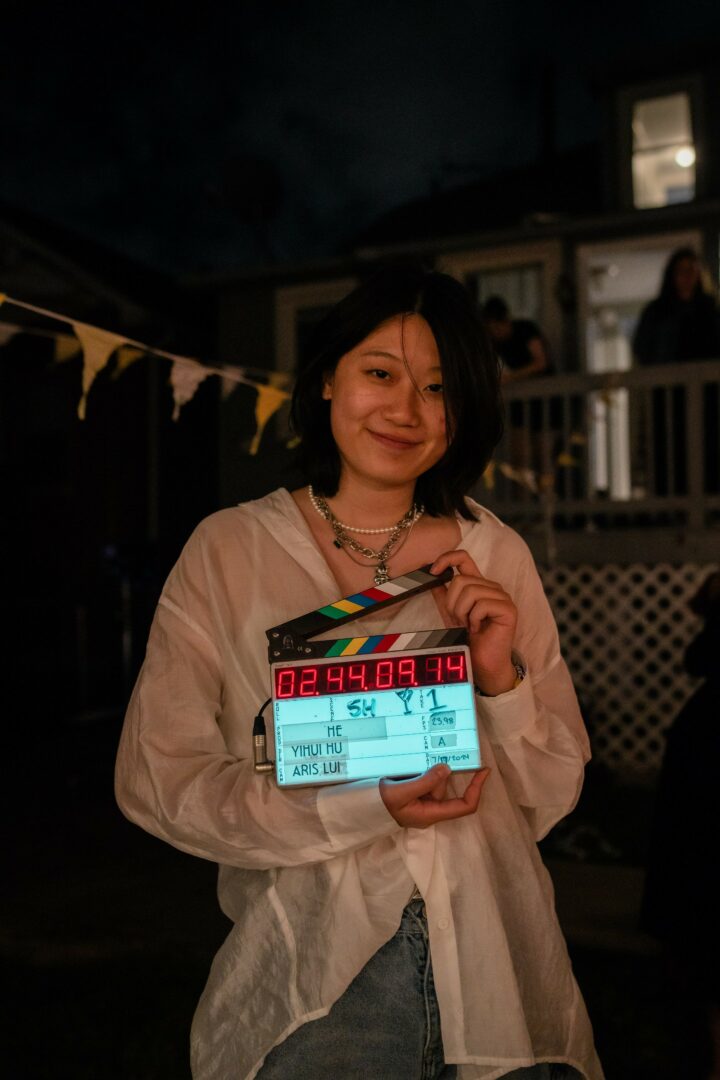We’re excited to introduce you to the always interesting and insightful Yihui Hu. We hope you’ll enjoy our conversation with Yihui below.
Yihui, thank you so much for taking the time to share your lessons learned with us and we’re sure your wisdom will help many. So, one question that comes up often and that we’re hoping you can shed some light on is keeping creativity alive over long stretches – how do you keep your creativity alive?
My optimism is deeply rooted in people’s trust—it’s a mutual exchange of belief and support. I’ve learned that to maintain a positive outlook, I first have to trust myself. This self-belief allows me to radiate confidence and joy to those around me, which I think is crucial, especially in environments like film sets where energy is contagious. I’m a strong advocate for focusing on the bright side of situations. There’s always a way to resolve problems, no matter how difficult things seem. I avoid dwelling on negativity because it doesn’t bring value or progress, and in fact, it can be harmful. That’s why I strive to keep negativity away, not only for my own well-being but also to ensure that I’m not passing that burden on to others. It’s not just about creating a positive atmosphere on set—this is how I live my daily life. I firmly believe that if you can smile through adversity, then smile. It makes the journey more enjoyable and the challenges easier to handle. This philosophy helps me stay grounded, even when things get tough, and it’s an essential part of my approach to both work and life.
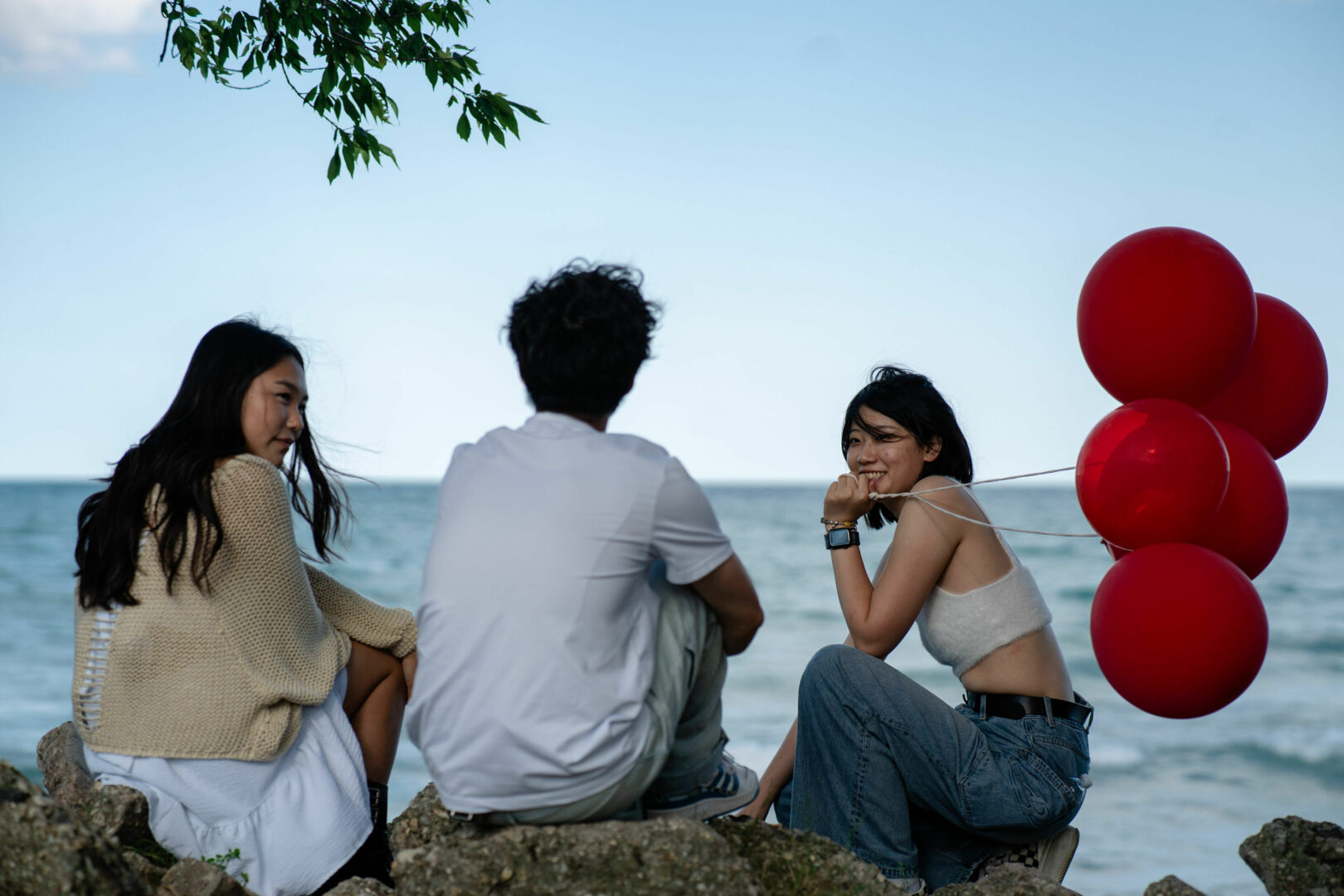
Appreciate the insights and wisdom. Before we dig deeper and ask you about the skills that matter and more, maybe you can tell our readers about yourself?
I am a filmmaker, currently pursuing my MFA in Film and Television Directing at DePaul University. My journey began with a love for painting and storytelling at a young age, which eventually evolved into a passion for filmmaking. What excites me most about what I do is the ability to bring stories to life and create emotional connections through visual narratives. Film is such a powerful medium—it’s like opening a window into new worlds and allowing audiences to experience lives and emotions they may have never encountered otherwise.
What’s special about my work is the perspective I bring as an Asian female filmmaker. I’ve found that there are still significant gaps in how these stories are portrayed in mainstream media, and I want to be part of changing that. I aim to present new, diverse perspectives that both challenge and resonate with audiences, opening up conversations about culture, identity, and human relationships. One of my most recent and meaningful projects is my thesis film, He, which I just completed. It’s a deeply personal story about cultural identity, family dynamics, and the challenges of bridging cultural divides. The film focuses on a Chinese-American girl who discovers she has a blood connection to a boy from China, exploring the clash of cultures and the emotions that follow. It’s a project that allowed me to dive into my own experiences, and I hope it will resonate with audiences on a universal level.
In addition to this, I’ve also directed several other projects, including Secret Garden and The Safe, both of which have been recognized in film festivals and have won awards. What’s exciting about these projects is that they reflect the diversity of themes and styles I’m exploring, from fantasy to deeply grounded family dramas. Each film is a chance for me to experiment with visual storytelling while staying true to the emotional core of the narrative.
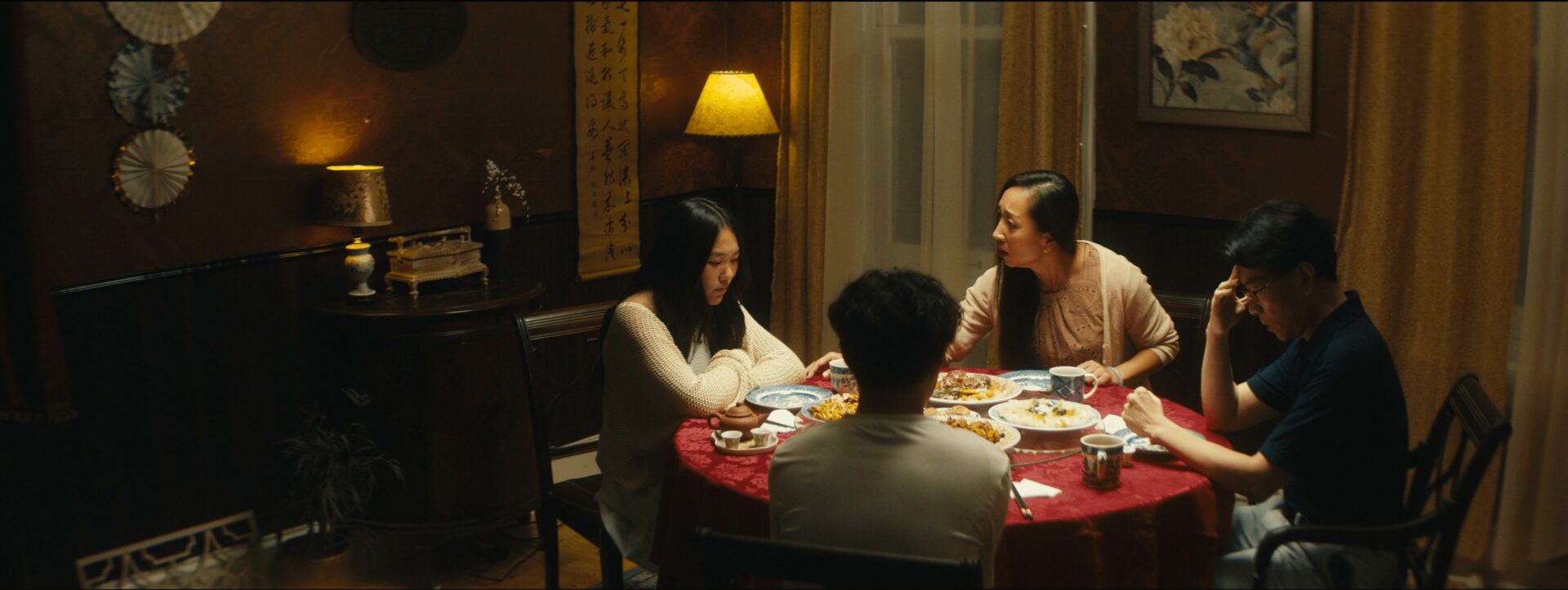
Looking back, what do you think were the three qualities, skills, or areas of knowledge that were most impactful in your journey? What advice do you have for folks who are early in their journey in terms of how they can best develop or improve on these?
Three key qualities that have had the most impact on my journey are being kind and positive, staying open to opportunities, and trusting myself. First, being kind and positive helps build trust and openness, especially with the crew and cast on set. A director needs to create a connection with the team, because trust is essential for effective collaboration. Without it, you’re left with unnecessary barriers, which can only be harmful to the creative process.
Second, it’s important to be ready for opportunities when they come. Sometimes, they appear suddenly, and if you aren’t prepared, you might miss out on something important. Being open to new possibilities and challenges is crucial in this industry, where timing is everything.
Lastly, trusting yourself is vital. Early in my journey, I lacked confidence and missed out on opportunities because of it. Over time, especially through my studies and experiences, I’ve come to understand myself better. I know I have the skills and potential, even though I’m still growing. There’s always room for improvement, but it’s important to recognize that you’re already an incredible version of yourself. Everyone is a masterpiece in progress, always evolving.
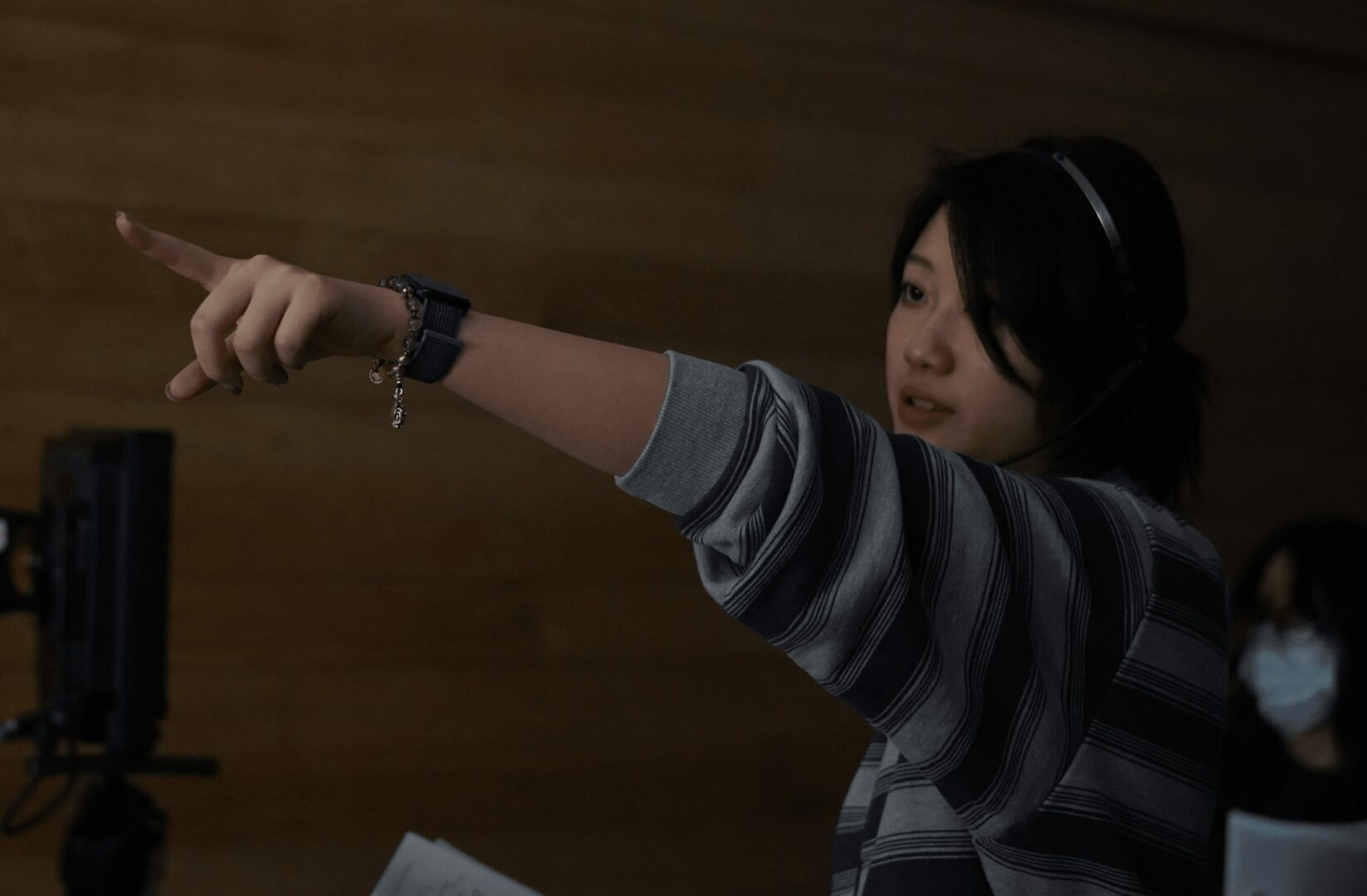
Do you think it’s better to go all in on our strengths or to try to be more well-rounded by investing effort on improving areas you aren’t as strong in?
I believe that going all in on our strengths is the key to thriving in the film industry. While it’s valuable to have a basic understanding of various aspects of filmmaking, excelling in one specific area is what truly sets you apart. It’s not harmful to learn about areas you aren’t as strong in—having a broader knowledge can help you understand the bigger picture—but focusing on your core strengths is what makes you unique.
In this industry, you can’t do all the jobs on set by yourself, nor should you. Wearing too many hats can dilute the quality of your work. If you become an amazing writer, colorist, or director, that’s what people will remember and hire you for. It’s about honing that craft to the point where your skills are undeniable, and you stand out among the sea of filmmakers. Telling your story with your style is what draws attention, not trying to be a jack of all trades.
For example, I started as someone interested in many aspects of filmmaking but quickly realized that directing and storytelling were my true strengths. Rather than trying to master every role, I focused on refining my ability to convey emotions, build narratives, and connect with my cast and crew. This helped me grow faster and gain more recognition. By amplifying the strengths that make you distinct, you increase your chances of success in this competitive industry.
Contact Info:
- Website: https://www.huyihui.com/
- Instagram: https://www.instagram.com/onestash_officialfilm/
- Linkedin: https://www.linkedin.com/in/yi-hui-hu
- Youtube: https://www.youtube.com/@onestash8801
- Other: https://vimeo.com/1013638076
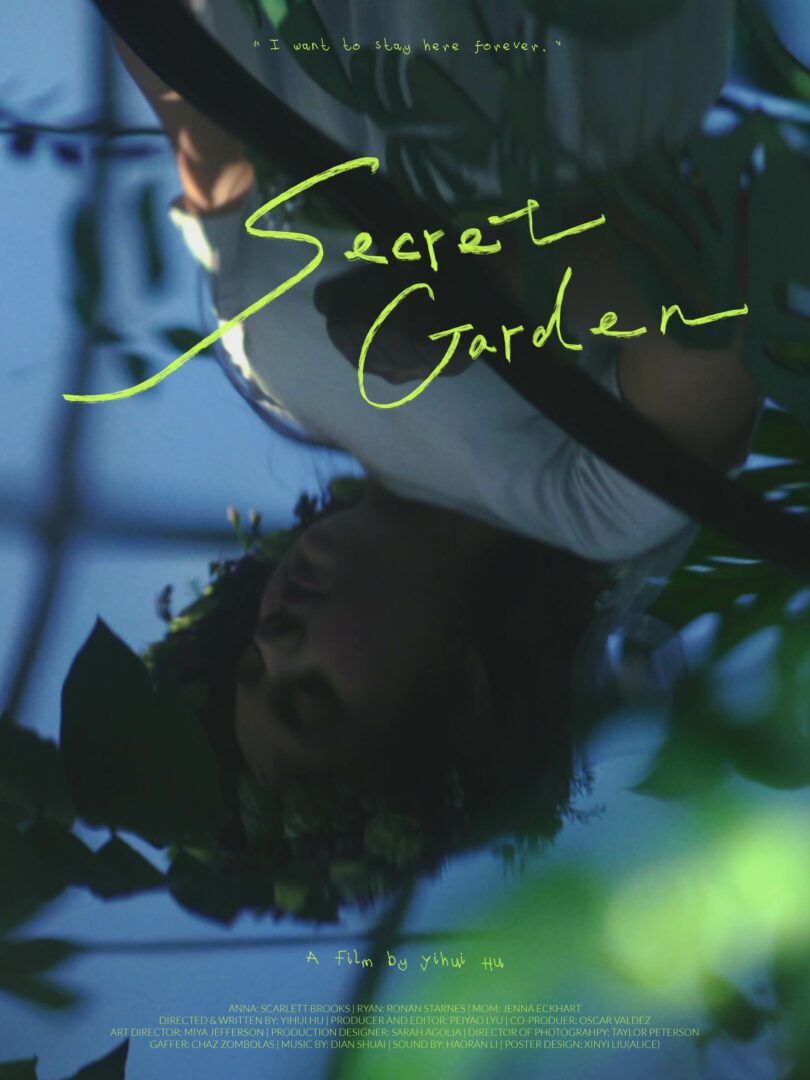
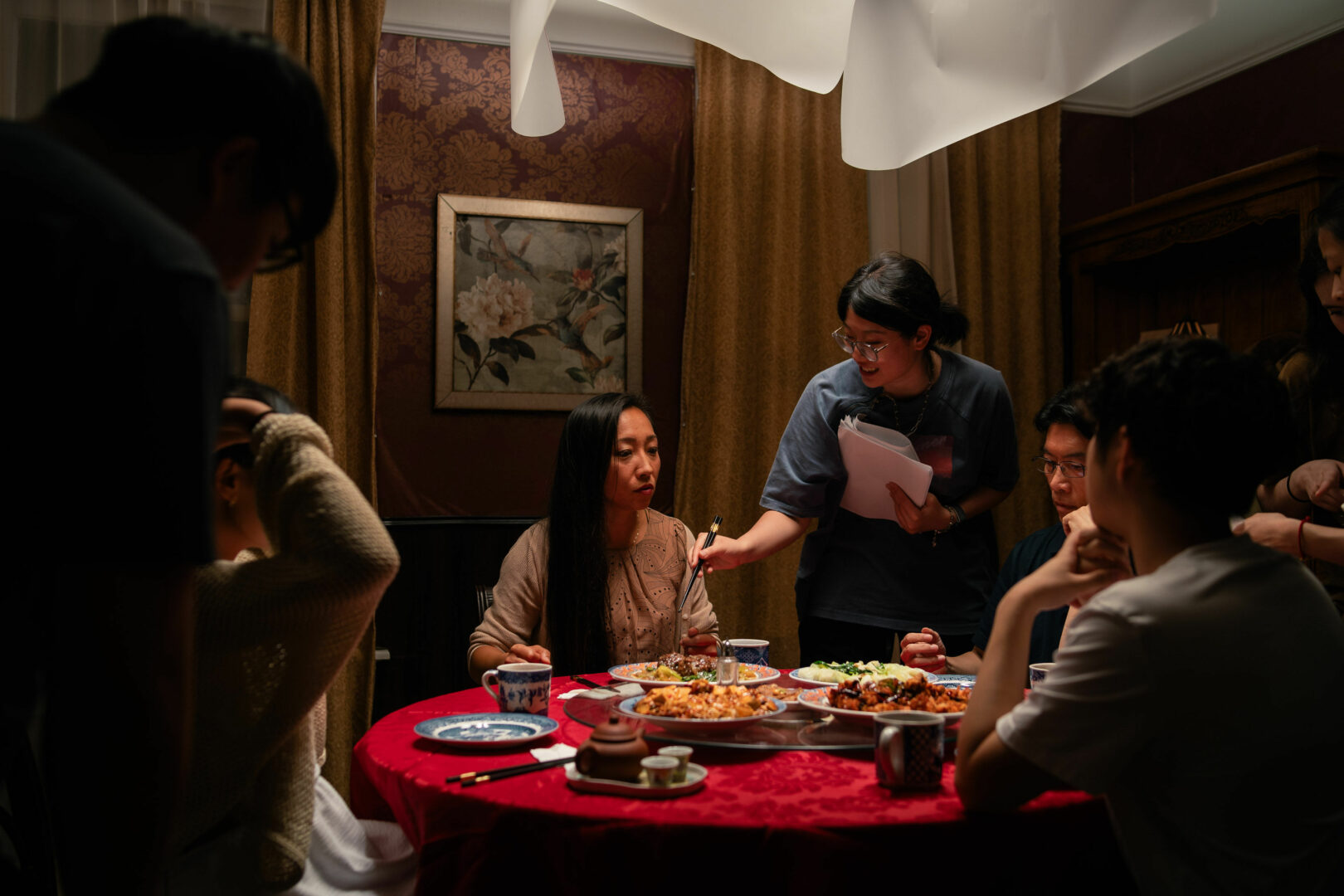
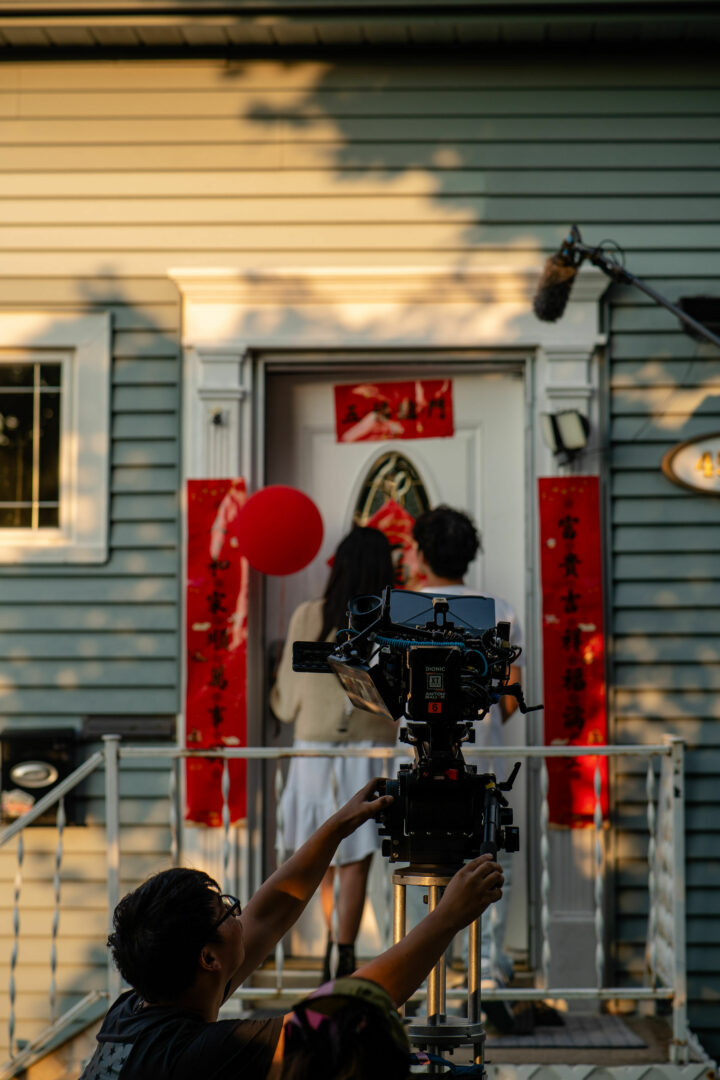
so if you or someone you know deserves recognition please let us know here.

